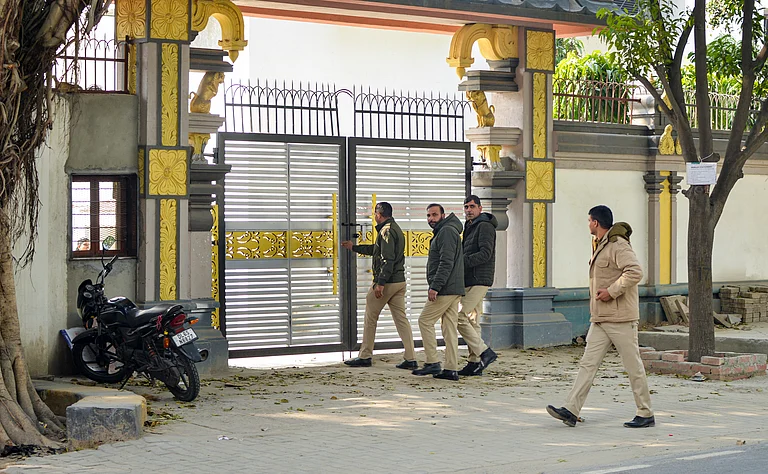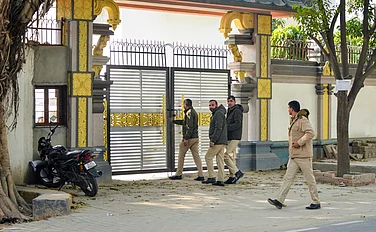Lightning, thunderstorms, deluges and landslides triggered by heavy downpours in several parts of the country are becoming more frequent in 2022 than ever. In a recent report, the India Meteorological Department (IMD) stated that all these increased extreme weather events have cost 231 lives while 105 were injured, 11 were reported missing and 1,234 livestock perished across several states.
It is significant to note that this data was part of the climate summary for the pre-monsoon season (March to April) released by the IMD, and is collected from real-time media reports and other state government agencies.
Impact of the various weather events
Heavy rainfall, deluges and massive landslides have claimed as many as 81 lives and 1,151 livestock, most of which were reported from Assam and neighbouring north-eastern states.
The deluge in Assam impacted the lives of millions of people alongside damaging infrastructure and standing crops spread across thousands of acres.
The situation in the region continues to remain grim as another spell of heavy rains is still underway.
Apart from the deluge, frequent lightning has also become a massive threat as a previous estimate shows that a 34% increase in lightning strikes has been reported all across the country. At least 76 lives across states have died due to lightning while 36 got injured. According to the estimate, the maximum casualty was reported from the states of Bihar, Uttar Pradesh, Karnataka, and Tamil Nadu.
Thunderstorms, which commonly occur during the pre-monsoon season, also killed 35 people; at least 30 of which were reported from Assam alone.
Moreover, on May 23, 22 people were reported dead due to dust storms in various parts of Uttar Pradesh while the blistering heatwave took 15 lives and 13 of which were reported in Maharashtra.
Hottest Pre-Monsoon Season
Record-breaking temperatures above 105 degrees F (40 degrees C) have immensely impacted the entire nation with some estimates dubbing it the hottest summer in nearly 122 years. India Meteorological department this year had to issue heat wave warning for at least five states as India witnessed its "hottest summer ever".
Large parts of the country have been dealing with temperatures around 45 degrees Celsius since April while the average temperature in India in March 2022 was about 92 degrees F (33 degrees C), the warmest March ever recorded since records began in 1902.
According to Raghu Murtugudde, a climate scientist at the University of Maryland, "The pressure pattern associated with La Niña conditions, which are currently presiding over the Pacific, has persisted longer than expected. This, along with warm waves coming from the Arctic, has caused heat waves to form."
The current impact of La Niña on the spring and summer seasons in India is completely unexpected, Murtugudde was quoted by CNN as saying.
Moreover, the severity of the heat waves can also be explained through the prism of climate change as Intergovernmental Panel on Climate Change (IPCC), The United Nations's climate authority stated in its recent report that India's name exists on the list of the countries expected to be worst affected by the impacts of the climate crisis.
The latest state of the science report from the IPCC in August 2021 has noted with conviction that hot extremes have increased in South Asia and that those exacerbating attributes of climate change including extreme temperatures are attributable to the anthropogenic reasons.
According to the IMD, the average mean temperatures across India were above normal by a degree Celsius during the last three months. The seasonal average maximum, average minimum, and mean temperatures for the country as a whole during pre-monsoon were 34.49 ºC, 22.86 ºC, and 28.68 ºC respectively, against the normal of 33.45 ºC, 21.78 ºC, and 27.61 ºC based on the period 1981-2010.


























